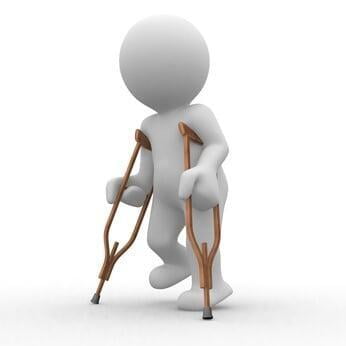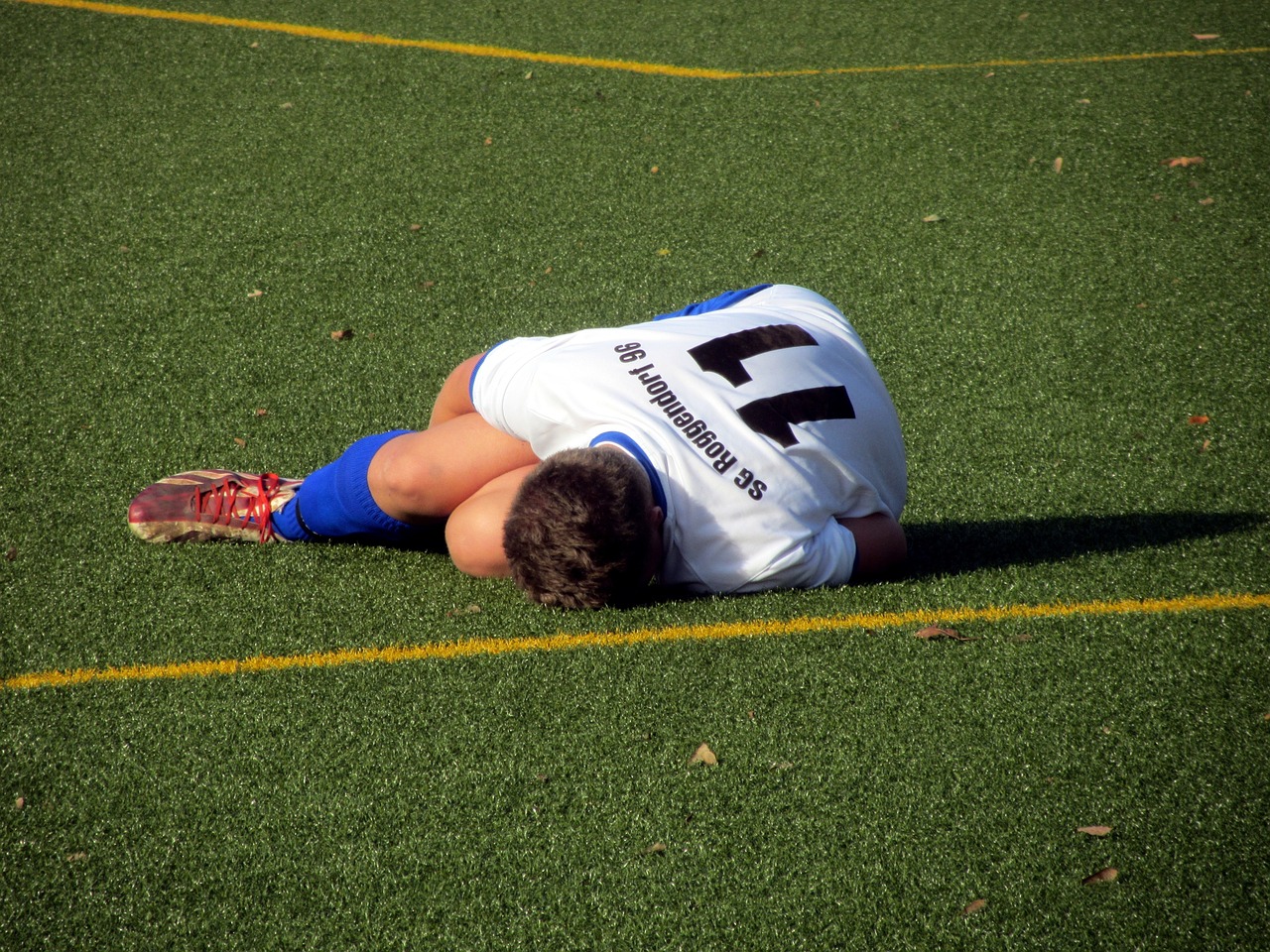Definition: acceptance of risks associated with gambling risks
En sports material, the practitioner is reputed accept the risks inherent in the very nature of the activity practiced.
Nevertheless, it can only be a question of the risks normally foreseeable with regard to the sport concerned and the author of the damage cannot be exempted from his responsibility if the act at the origin of the damage was committed voluntarily.
"By agreeing to be part of the football team of a sports association whose object is to play matches with other teams and to train for this purpose, the injured player has knowingly endorsed the risks of physical contact, sometimes violent and punishable as sporting faults, linked to the practice of this sport which is played with the feet and the head used to strike the ball, the involvement of the players being the same in training as in competition" (CA Nancy, April 22, 2014, n ° 14/01053).
Limit: the fault characterized by a violation of the rules of the game
An athlete who is the victim of damage during his practice may incur personal liability for the fault of the author of this damage when the wrongdoing is characterized by a violation of the rules of the game (Court of Cassation, Civil Chamber 2, 23 September 2004, n ° 03-11.274). For the fault to be characterized, the player must have committed a fault of a certain seriousness. The seriousness of the offense will depend on the importance of the risks it creates for the bodily integrity of other players.
The risk of death is, in principle, never accepted. So it is for the participants in a race at sea, with an experienced skipper and crew, and in which many other competitors participated (Court of Cassation, Civil Chamber 2, March 8, 1995, n ° 91-14.895).
Normal risks / abnormal risks: some examples of case law
La fault (which should not be voluntary) must not exceed the normal risks of the sport concerned.
Here are some examples judged by the Courts:
Constitute an abnormal risk
Football: back tackle (disloyalty) (CA Aix-en-Provence, April 17, 2013 n ° 11/03099);
Football: tackle committed with willful violence, contrary to the rules of the game and exceeding the risks of sporting practice (CA Riom, November 29, 2017 n ° 16/02013; Court of Cassation, Civil Chamber 2, August 29, 2019 n ° 18-19.700);
Karate: violent blow to the head of his opponent (CA Grenoble, June 26, 2012 n ° 10/03009);
Football: tackle resulting in an open fracture of the tibia and fibula of the opposing player's right leg, a particularly reckless gesture, of violence contrary to the spirit of the game and its rules (Court of Cassation, Civil Chamber 2, August 29, 2019, 18-19.700, Unpublished; CA Pau, March 9, 2021, n ° 19/03571, MA).
On the other hand, do not constitute an abnormal risk
Football: tackle made from the front (CA Bastia, March 27, 2013, n ° 11/00977);
Football: technically faulty tackle but whose author has shown no desire to endanger the physical integrity of his opponent (CA Paris, March 31, 2014, n ° 12/04744).
For material damage: waiver of the benefit of the property liability regime
According to the article L. 321-3-1 of Code Sport :
"Practitioners cannot be held responsible for material damage caused to another practitioner by the fact of something they have in their care, within the meaning of the first paragraph of article 1242 of the civil code, during the exercise of a sporting practice during a sporting event or training for this sporting event in a place permanently or temporarily reserved for this practice."
In other words, the victim of a material damage caused by a thing (ski, motorbike, paddle, etc.) cannot invoke the responsibility of the custodian of the thing, instrument of the damage, on the basis of the responsibility for the act of things.
This exclusion remains subject to the following conditions :
- The damage must have occurred during a sporting event or during training for this sporting event;
- This event or training must take place in a place temporarily or permanently reserved for this sporting practice;
- The damage must have been caused by one practitioner to another practitioner;
- The damage must be material (all bodily injury can be remedied on the basis of liability for the act of things).
On the same theme, see the following articles:
[04.05.2012]








